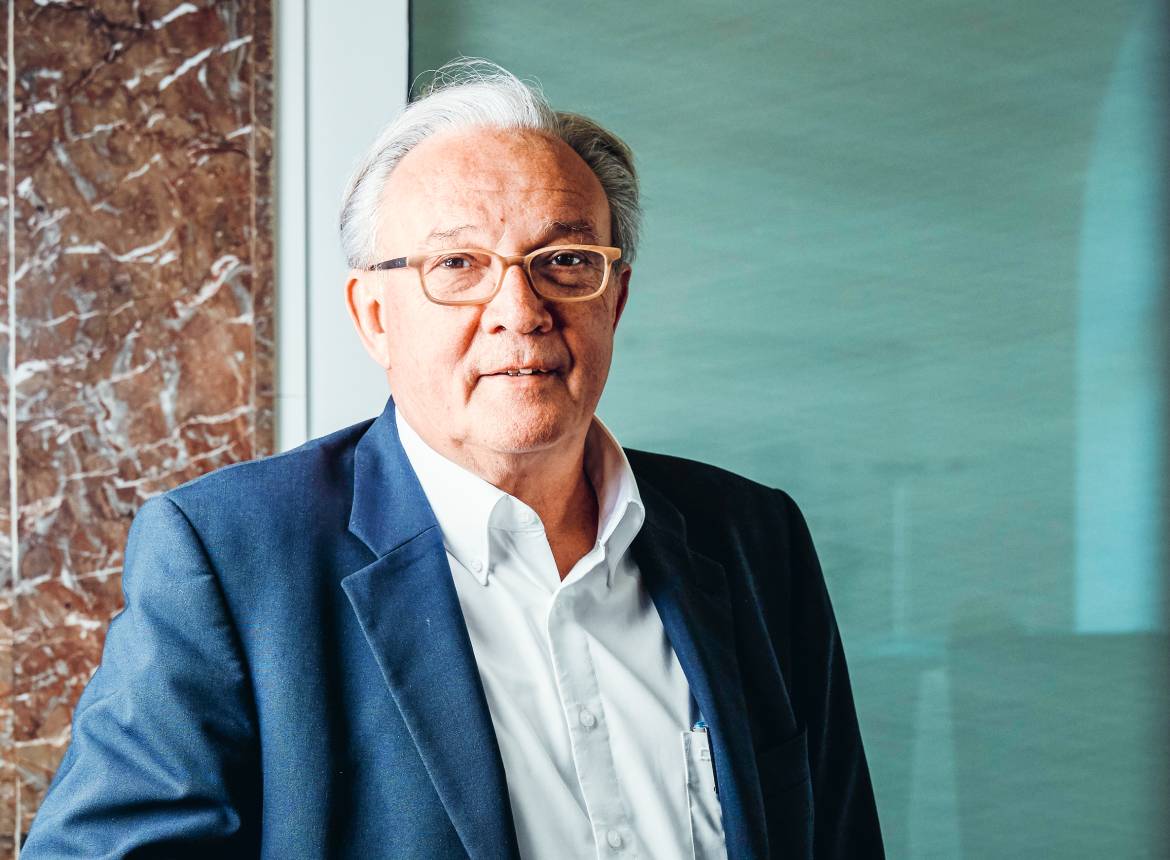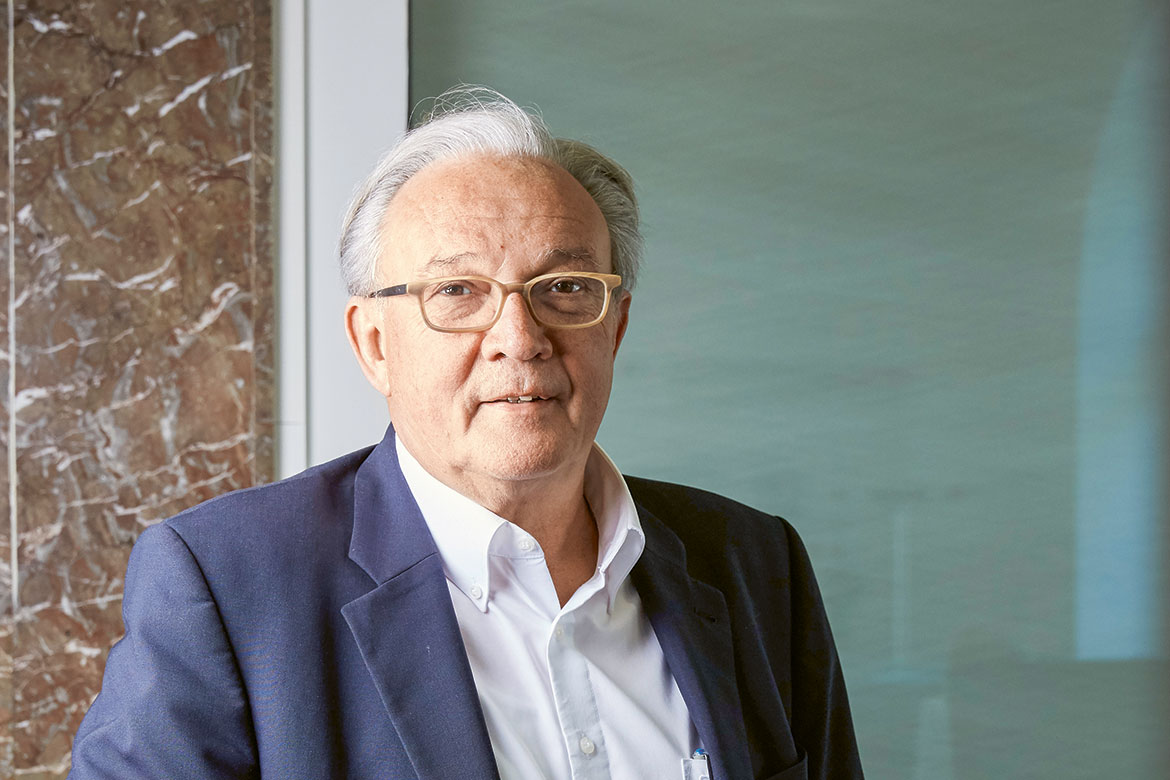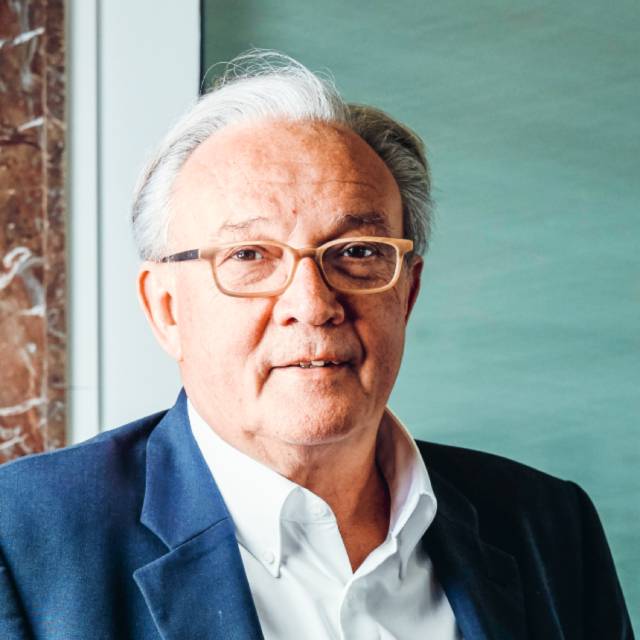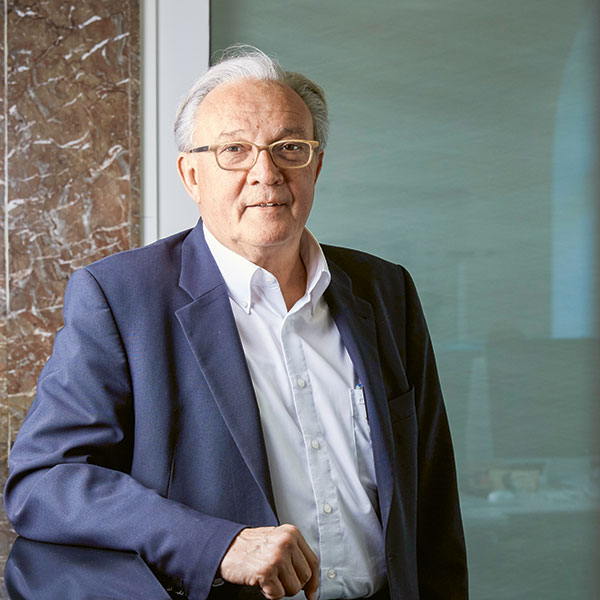Column
Marcel Tanner: Are we in the wrong movie?
Even seemingly hopeless situations can open up perspectives in which hope is justified, writes Marcel Tanner, President of the Swiss Academies of Arts and Sciences.

Marcel Tanner is the President of the Swiss Academies of Arts and Sciences a+.
“There’s no such thing as a hopeless situation. Just people who are hopeless in certain situations”.
The present issue of Horizons offers an engaging look at the relationship between science and cinema. Which is perhaps appropriate, since we’re living in a time when it’s easy to think that we’re somehow in the ‘wrong movie’. After finally emerging from the pandemic, we are now witnessing a war that we would never have thought possible, given everything that humanity ought to have learned by now.
But let us look beyond these seemingly hopeless situations and follow the train of thought in our opening quote, because it’s always a certain kind of hopelessness that enables us to look to the future and find reasons and ways for new hope to emerge.
We are all currently trying to learn from the pandemic, hoping to use the lessons learned to address many of the other big contemporary issues, e.g., climate change, the energy situation and transformative technologies. The scientific community has recognised how important it is to acknowledge our societal context when communicating during a crisis or in any situation where survival is at stake. This means cultivating a perspective that takes into account public health and socio-ecological issues while weighing up the various implications. It means conducting an ongoing dialogue between the various protagonists – with the dialogue between science, politics and society being of especially crucial importance. New vistas and new hopes can arise if we can massively intensify this process of exchange between science and society while precisely defining the processes, roles and responsibilities of all those involved.
Scientists must consistently see themselves as part of society. They must not slip into a pontificating, ‘expert’ mode. They must at all times demonstrate what they know and also what they don’t know; in other words, they have to provide the right context for uncertainty. Only in this way can they hope to maintain a basis for the ethically justifiable options that our socio-political decision-making processes then translate into interventions for the betterment of society. Ensuring the successful flow of information from science to politics and society requires returning to a science culture that is less elitist, less activist and less career-driven.
I have deep respect for naïve art, and I believe that in science, indeed everywhere, we should not pursue actions that on the outside appear ‘great’, but rather very ordinary ones while recognising their intrinsic value.




